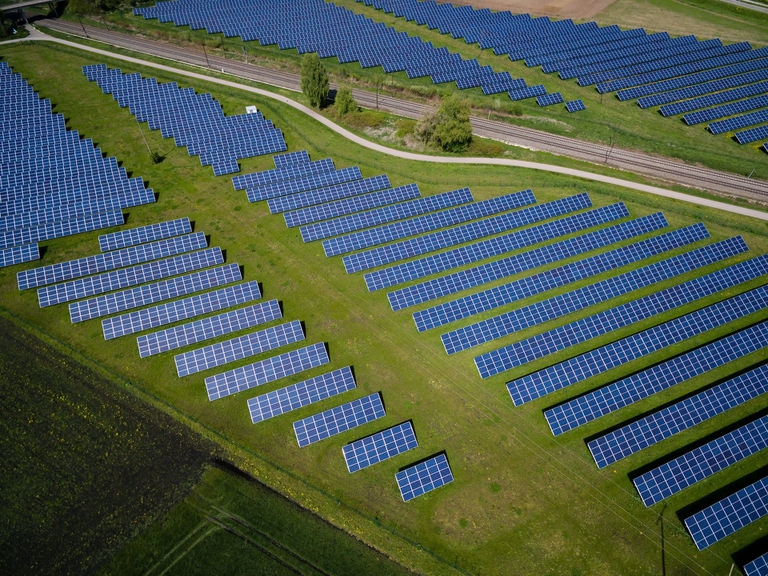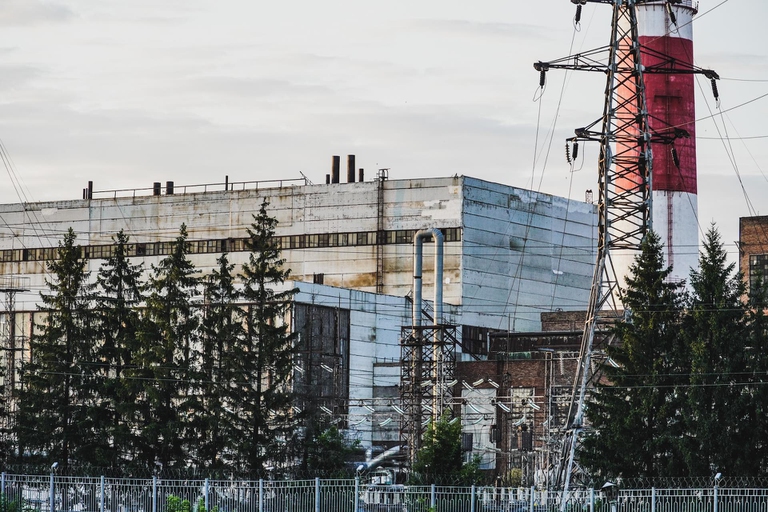https://www.lifegate.it/transizione-energetica-picco-fossili
- |
The global energy crisis triggered by the Russian invasion ofUkraine it is causing profound and lasting changes that have the potential to accelerate the energy transition towards a more sustainable and safe system.This is what the International Energy Agency (IEA) says, which published the new report "World energy outlook 2022”.
For the first time, global demand for fossil fuels has reached its peak, in all scenarios examined by the report.Furthermore, again according to the IEA, fossil fuels have contributed toincrease in inflation and the increase infood insecurity in the world.

The energy transition is underway but must accelerate
The IEA explains that the use of coal will decline in the coming years, demand for natural gas will reach a stable level by the end of the decade and the oil demand will stabilize in the mid-1930s and then dropped.On the other hand, the sale of electric vehicles will increase.
There total demand for fossil fuels, In short, it is already decreasing and will decrease steadily from the mid-2020s to 2050.In this sense, the energy transition is already underway, but we can and must do better.The scenario just described, in fact, is nevertheless associated to an increase of approximately 2.5 degrees centigrade of global average temperatures by 2100: anything but sufficient to avoid the serious impacts of climate changes.If we want to achieve climate goals “there is still a need to fill a gap wide gap between today's efforts and a stabilization of the increase in global temperatures around 1.5 degrees", writes the agency.
Wind, solar and energy efficiency reduce costs
Therefore, although the IEA sees the turning point in the middle of the decade, there is still too much in the communication of the fossil industries greenwashing:in fact, the report highlights that at a global level we are struggling for the transition with little clean energy.According to the agency, more investments in renewable sources would have contributed to moderating the impact of the crisis but there is no doubt that wind, solar and energy efficiency represent the best way out of it.
It is a fact that in countries where higher shares of renewable energy are developed we are witnessing at the same time a lower electricity prices.As a result, the report explains, to achieve the climate neutrality by 2050, investments in clean energy must more than triple, from the current $1,300 billion to around $4,000 billion by 2030.

Gas is not an energy transition fuel (nor is nuclear)
The question the IEA is asking is whether we are there at the end of the gas age.The agency also provides the answer:the rapid growth in demand for natural gas it will end soon. In fact, as the report's data shows, support for gas in developing economies has slowed down, particularly in the southern hemisphere, putting gas' credentials in crisis. as a transition fuel.In general, the demand for gas is slowing from the increase in prices, from a more rapid one diffusion of heat pumps and other efficiency measures and by a greater diffusion of renewable energy.
And thenuclear energy?The main European energy agency says that where it already exists it can be support for renewable energy, but where it isn't available (like in Italy) it cannot be an alternative or replace renewables themselves (as supported by many politicians, including the current one Italian environment minister).
New fossil fuel projects will not solve the energy crisis
On the new ones deposit authorisations of conventional oil and gas, the IEA has no doubts:they do not contribute to decarbonisation.Rather, it would be better to capture part of the 260 billion cubic meters of gas which are wasted every year through flaring and methane losses.
“Energy markets and policies have changed following the Russian invasion of Ukraine, not just for the moment, but for decades to come” said Fatih Birol, executive director of the IEA.“Even with today's political settings, the world of energy is changing dramatically before our eyes.”Even more so, governments globally must make this historic moment a definitive turning point towards a cleaner, more convenient and safer energy system.The emergency is one more reason, not less, for policies to be consistent with this transition.
